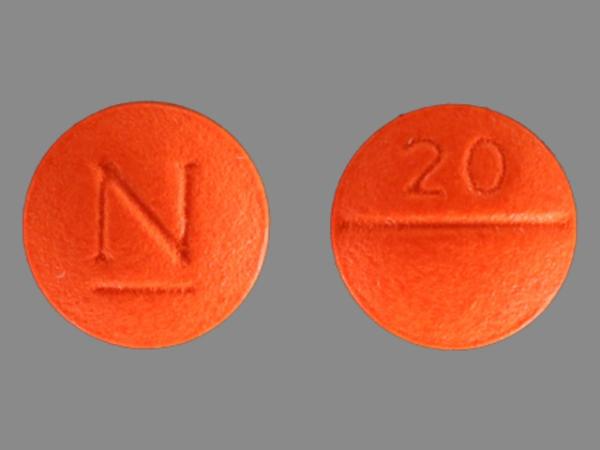Hydralazine/isosorbide dinitrate Interactions
There are 453 drugs known to interact with hydralazine/isosorbide dinitrate, along with 13 disease interactions, and 1 alcohol/food interaction. Of the total drug interactions, 10 are major, 432 are moderate, and 11 are minor.
- View all 453 medications that may interact with hydralazine/isosorbide dinitrate
- View hydralazine/isosorbide dinitrate alcohol/food interactions (1)
- View hydralazine/isosorbide dinitrate disease interactions (13)
Most frequently checked interactions
View interaction reports for hydralazine / isosorbide dinitrate and the medicines listed below.
- Abilify (aripiprazole)
- Actos (pioglitazone)
- Adderall (amphetamine / dextroamphetamine)
- Adderall XR (amphetamine / dextroamphetamine)
- Advicor (lovastatin / niacin)
- Aggrenox (aspirin / dipyridamole)
- Allegra-D 12 Hour (fexofenadine / pseudoephedrine)
- Ambien CR (zolpidem)
- AndroGel (testosterone)
- Apidra (insulin glulisine)
- Aspirin Buffered (aluminum hydroxide / aspirin / calcium carbonate / magnesium hydroxide)
- Aspirin Lite Coat (aspirin)
- Aspirin Low Strength (aspirin)
- Basaglar (insulin glargine)
- Coreg (carvedilol)
- Eliquis (apixaban)
- Entresto (sacubitril / valsartan)
- Farxiga (dapagliflozin)
- Humalog (insulin lispro)
- Januvia (sitagliptin)
- Jardiance (empagliflozin)
- Lantus (insulin glargine)
- Lokelma (sodium zirconium cyclosilicate)
- Metoprolol Succinate ER (metoprolol)
- Metoprolol Tartrate (metoprolol)
- Paracetamol (acetaminophen)
- Valium (diazepam)
- Vitamin B12 (cyanocobalamin)
- Vitamin D3 (cholecalciferol)
- Zofran (ondansetron)
Hydralazine/isosorbide dinitrate alcohol/food interactions
There is 1 alcohol/food interaction with hydralazine / isosorbide dinitrate.
Hydralazine/isosorbide dinitrate disease interactions
There are 13 disease interactions with hydralazine / isosorbide dinitrate which include:
- bone marrow suppression
- coronary artery disease
- lupus erythematosus
- valvular heart disease
- AMI
- anemia
- hemodialysis
- hypotension
- intracranial pressure
- cerebral vasculopathy
- renal dysfunction
- hypertrophic cardiomyopathy
- glaucoma
More about hydralazine / isosorbide dinitrate
- hydralazine/isosorbide dinitrate consumer information
- Compare alternatives
- Pricing & coupons
- Reviews (1)
- Drug images
- Side effects
- Dosage information
- During pregnancy
- Drug class: miscellaneous antihypertensive combinations
- En español
Related treatment guides
Drug Interaction Classification
| Highly clinically significant. Avoid combinations; the risk of the interaction outweighs the benefit. | |
| Moderately clinically significant. Usually avoid combinations; use it only under special circumstances. | |
| Minimally clinically significant. Minimize risk; assess risk and consider an alternative drug, take steps to circumvent the interaction risk and/or institute a monitoring plan. | |
| No interaction information available. |
See also:
Further information
Always consult your healthcare provider to ensure the information displayed on this page applies to your personal circumstances.


